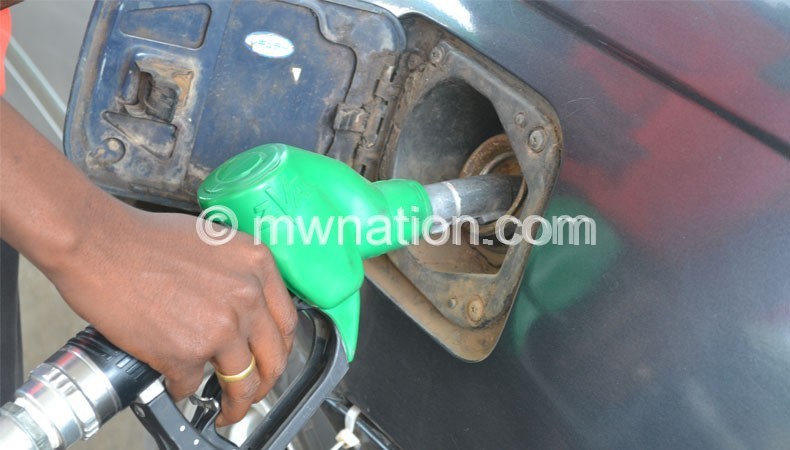Fuel price reduction awaits Mera board
Despite all indicators that affect the downward adjustment in fuel prices being positive, the Malawi Energy Regulatory Authority (Mera) is powerless to reduce the prices because of the absence of the board, Business News has learnt.
Price of petroleum products on the world market have gone down to a five-year low of below $60 (K29 000) a barrel, giving Malawians hope that government will pass on the benefits to the consumers.

The drop is largely triggered by declining demand and increased supplies because oil cartel Organisation of Petroleum Exporting Countries (Opec) has refused to cut output to shore up plunging prices.
But Mera acting chief executive officer Ellias Hausi told Business News yesterday Malawians should wait for a while before fuel prices are reduced.
“Fuel price review meetings are done every first Tuesday of any month and depending on the exchange rate and FOB [Free on Board] prices on the international market, the price may go up or down.
“But looking at the two indicators, this time around in the country fuel prices are supposed to go down. But the problem that is there is that we do not have a board in place at the meantime and we are powerless to reduce prices on our own,” he said.
Hausi said they are hopeful that a board will be put in place within this week so that crucial decisions such as determination of fuel prices can be made in good time.
He said even the President, Minister of Natural Resources, Energy and Mining and Mera officials have no power to reduce fuel prices.
The mandate of the previous board ended on November 20 2014, according to Hausi.
In an earlier interview, National Oil Company of Malawi (Nocma) chief executive officer Robert Mdeza said the drop in local pump prices of fuel are expected to go down this month.
He said the country lags behind by one month in terms of responding to price movements on the international market.
Since the country re-adopted the automatic pricing mechanism (APM) in May 2012, fuel pump prices are adjusted to reflect fuel price movements on the international market to allow fuel importing companies under Petroleum Importing Limited (PIL) to recover importation costs on real time basis.
Pump price adjustments reflect the changes in the value of IBLC of petroleum products and movements of the kwacha against the dollar, according to Mera. APM operates within a threshold of ±5 percent, which is also the trigger limit, meaning that a change in In Bond Landed Cost (IBLC) of more than five percent will trigger a price adjustment and viceversa.
But Indigenous Businesses Association of Malawi (Ibam) president Mike Mlombwa urged government to respond to the global movement on fuel prices, saying fuel is the engine that drives the economy.
“Government should constitute a board as soon as possible to ensure that prices of fuel go down,” he said.
Mera last revised upwards fuel prices on November 8 2014 by an average of seven percent considering the trends in world petroleum products’ prices and changes in other macro-economic fundamentals on the local market and their impact on energy prices.





